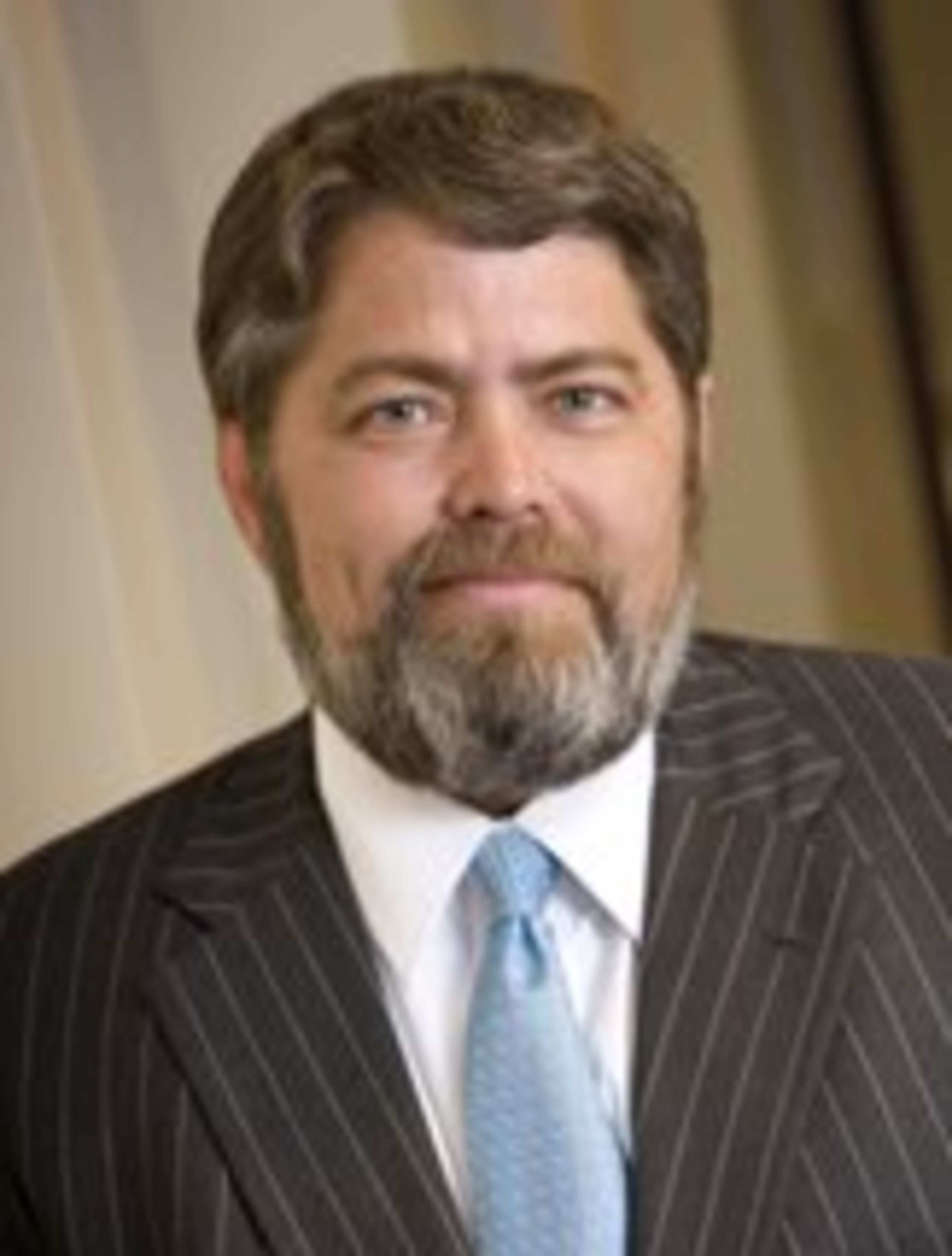State’s judiciary had head start in responding to pandemic

Fourteen years ago, Atlanta attorney Seth Kirschenbaum had a prescient thought: How would Georgia’s court system be able to function during a pandemic?
He organized a daylong seminar for the Atlanta Bar Association that considered a potential outbreak. Later, Kirschenbaum took his idea to the top: then-Georgia Supreme Court Chief Justice Leah Ward Sears.
“I thought it very well could happen,” Sears said of a pandemic. “You know what they say: what can go wrong always seems to go wrong.”
Sears created a task force and assigned the court’s newest member to head it. Its goals: find a way to keep the courts open and protect the health and safety of those working inside the state’s many courthouses.

Two years later, the 177-page Georgia Pandemic Bench Guide 2009 was sent to judges statewide. It contained judicial emergency declarations, model orders, court rules and recommendations for social distancing and video conferences.
Harold Melton, chosen by Sears to head the task force, is now the state’s chief justice. And he’s put the Bench Guide to use, signing a declaration for a state of judicial emergency as well as five 30-day extensions.
”It’s really something that the guy who knew this stuff, who immersed himself in it and who made sure all the work got done just happened to be chief justice when a real pandemic kicked in,” said Atlanta lawyer Michael Terry, a member of the Bench Guide task force. “It’s a great fortuity.”
He added, “The judicial branch was so far ahead of the other branches of government in handling this because Harold has been so proactive.”

Melton said the COVID-19 outbreak is the last thing he wanted to deal with during his time as chief justice.
“It’s been a six-month odyssey so far with no sign of it letting up anytime soon,” Melton said. “But the work we did back then turned out to be really, really important. It’s been such a big help.”
Melton said he is now focused on finding a way to get cases moving through the state’s court system. This includes restarting jury trials, which have been on hold for months.
“We don’t have a choice,” he said. “Initially the thought was we could hold off on jury trials, wait for the pandemic to clear out and start them back up again. But there are critical, life-changing questions that need to be answered and have been on hold for six months. And they’re piling up.”
On Monday, during a recent meeting of the Judicial Council of Georgia, Melton said he expects to sign an order for September that allows for the convening of new grand juries and another order in October for the resumption of jury trials.
Kirschenbaum, a criminal defense attorney, said he got the idea from a friend who’d heard a federal official give a talk on pandemics. Kirschenbaum initially discussed the onset of an avian-related flu, but he also knew other types of pandemics were possible.
“We wanted to know how the courts could deal with a pandemic and we drew up some horrible hypotheticals,” Kirschenbaum said. “To his credit, Harold Melton took it very seriously.”

The preface for the Bench Guide, which was updated two years ago, lays out ominously familiar scenarios: having to watch loved ones die, being unable to go to work, shutting down public gatherings to minimize the spread and erecting makeshift hospitals to treat thousands of sick patients.
Using projections from state public health agencies, the report said total deaths in Georgia could be between 2,670 and 6,210. (As of Tuesday, there were more than 5,700 confirmed deaths from the disease.)
Face-to-face contact between judges, lawyers, parties and court personnel will be dramatically limited. But at a minimum, courts should make sure they have the ability to perform their essential functions, the guide says.
Melton’s first judicial emergency order, signed March 14, enabled courts to continue handling bond hearings and search and arrest warrant applications. Judges could also continue to consider restraining orders in domestic abuse cases and to conduct mental health commitment hearings.
To the extent court proceedings are held, they should limit the risk of exposure by using videoconferencing, the order said.
Each extension order signed by Melton has included increasingly specific guidance.
An extension signed in May prohibited jury trials and most grand jury proceedings. It also required courts to publish written guidelines as to who should be admitted inside a courthouse, requirements for social distancing and the availability and use of personal protective equipment by court personnel and visitors.
Melton’s extension order signed June 11 included a “Georgia Court Reopening Guide” with step-by-step procedures to follow for maintaining public health and safety. His most recent order signed last month said a COVID-19 task force is developing policies and procedures to allow for the resumption of jury trials and grand jury proceedings.
“We’re trying to move the needle,” Melton said.
Valdosta attorney Pope Langdale, who chairs the state judicial watchdog agency’s investigative panel, said some judges early on were continuing to hold hearings with too many people in their courtrooms.

“At that time, there wasn’t a real understanding by everyone of how easily the disease was transmitted,” Langdale said. “But as the pandemic stretched on, I think courts across the state took it seriously and heeded the advice and guidance of Chief Justice Melton.”
Sears, the former chief justice, said she’s glad she and many others took up the cause.
“It was a bit laughable to some — preparing for some unknown pandemic at some unknown time,” she said. “But to others, it was serious business, and thank goodness for that.”
Terry, one of a number of private attorneys who worked on the task force at no charge, agreed.
“I feel like we did some important work,” he said. “Hopefully the steps the courts took saved lives. Statistically it seems pretty certain they did. It makes you feel good.”


